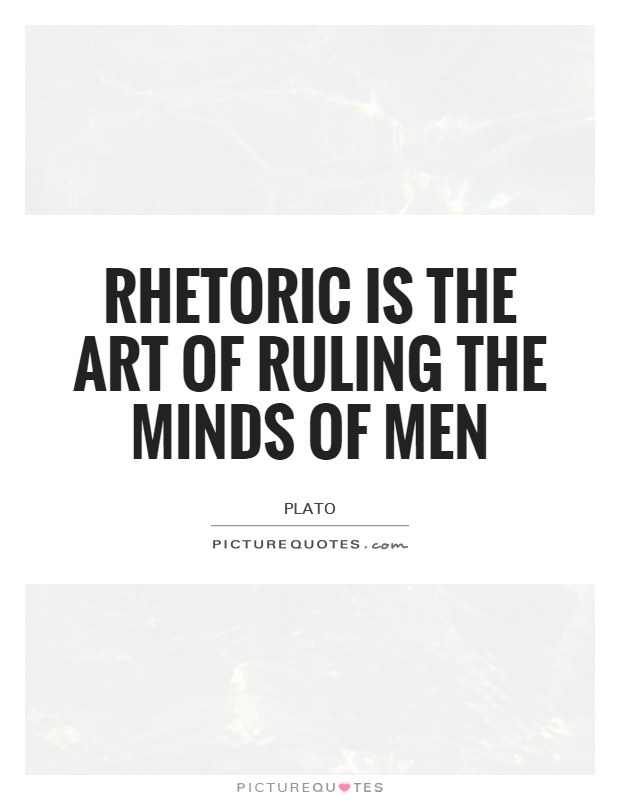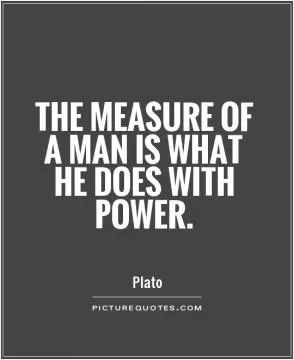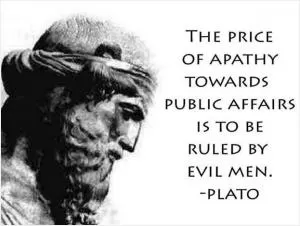Rhetoric is the art of ruling the minds of men

Rhetoric is the art of ruling the minds of men
In the context of Plato, the statement "rhetoric is the art of ruling the minds of men" holds significant weight. Plato, a renowned Greek philosopher, was highly critical of rhetoric and its ability to manipulate and deceive individuals. In his dialogue "Gorgias," Plato argues that rhetoric is merely a form of flattery and persuasion that lacks true knowledge and virtue. He believed that rhetoric was a dangerous tool that could be used to sway individuals' opinions without appealing to reason or truth.Plato's skepticism towards rhetoric stemmed from his belief in the importance of seeking knowledge and truth through dialectic reasoning. He believed that true knowledge could only be attained through critical thinking and logical argumentation, rather than through the persuasive techniques employed by rhetoricians. In Plato's ideal society, rulers were expected to govern based on wisdom and virtue, rather than on the manipulation of language and emotions.
Plato's views on rhetoric can be seen in his criticism of the Sophists, who were professional rhetoricians in ancient Greece. The Sophists were known for their ability to persuade and manipulate audiences through clever arguments and persuasive techniques. Plato believed that the Sophists were more concerned with winning arguments and gaining power than with seeking truth and promoting justice.












 Friendship Quotes
Friendship Quotes Love Quotes
Love Quotes Life Quotes
Life Quotes Funny Quotes
Funny Quotes Motivational Quotes
Motivational Quotes Inspirational Quotes
Inspirational Quotes